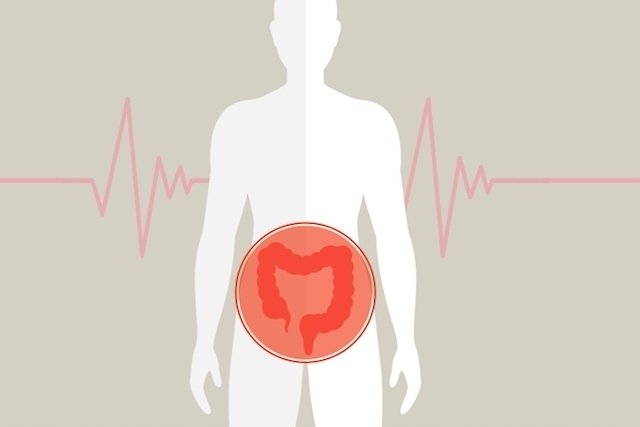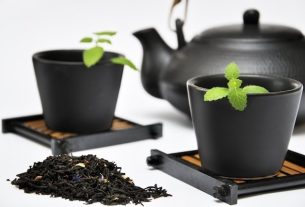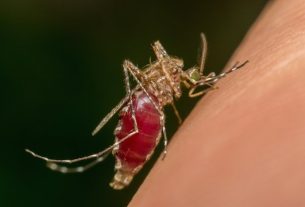Gastritis is an inflammation of the stomach that must be treated quickly to avoid possible complications, such as gastric ulcers and even stomach cancer.
Although treatment is usually easy, it is very important to find out what its causes are to prevent it from recurring, causing very uncomfortable symptoms such as stomach pain, nausea, vomiting or lack of appetite. Learn how to identify the symptoms of gastritis.

The most common main causes of gastritis are:
1. Excessive stress
Stress is one of the most common causes of gastritis and other gastric discomfort. At some intense moments in life, the stomach can produce more hydrochloric acid and less protective mucus for the stomach mucosa and this can lead to irritation and inflammation of the stomach, causing gastritis. It can also be called nervous gastritis, acute or erosive, which is characterized only by a superficial lesion. Find out more about nervous gastritis.
What to do: This type of gastritis is usually cured by controlling the anxiety and nervousness that caused it. It is very common for students undergoing tests and exams to develop acute gastritis, as are people subjected to a lot of pressure at work, for example.
2. Consumption of contaminated food
The consumption of food contaminated by the bacteria Helicobacter pylori It is a common cause of gastritis and the person often remains symptom-free for many years. The bacteria remain on the surface of raw foods and, when ingested, colonize the stomach. This causes an infection, disturbing the control of hydrochloric acid secretion and causing a decrease in mucosal defense. See the symptoms of Helicobacter pylori in the stomach.
What to do: Gastritis is generally cured by eradicating the bacteria, through the use of specific antibiotics, guided by the gastroenterologist. The definitive diagnosis of the presence of the bacteria can be made through a biopsy of the stomach tissue, removed during a digestive endoscopy.
Not all people who ingest the bacteria are sensitive to it, however, some people develop gastritis when they eat food contaminated with this bacteria. See what the diet should be like to treat gastritis and ulcers.
3. Use of some medications
The need to take some medications, especially non-steroidal anti-inflammatory drugs (NSAIDs), can cause gastritis, which is a very common cause of gastritis in older people. This happens because this type of medicine weakens the stomach mucosa, causing gastritis. Gastritis caused by prolonged medication use is known to chronic gastritis and generally progresses slowly, with the possibility of ulcers and bleeding occurring. Understand what chronic gastritis is and what to eat.
What to do: The lesions present in gastritis caused by continued use of medication usually disappear when the medication is discontinued in accordance with the doctor’s instructions.
4. Alcohol and cigarette consumption
Both alcohol and cigarettes can irritate and inflame the lining of the intestine and stomach, which can lead to the formation of gastric ulcers and gastritis. See what are the main diseases caused by alcohol and smoking.
What to do: To reduce the symptoms of gastritis caused by alcohol and cigarette consumption, it is important to eliminate these habits from your routine and adopt healthy habits, such as regular physical exercise and a balanced diet. Check out simple tips for having a healthy diet.
5. Crohn’s disease
Crohn’s disease, which corresponds to inflammation of the digestive system, can also lead to gastritis, in addition to characteristic symptoms such as the presence of ulcers, diarrhea and the presence of blood in the stool. See what the symptoms are and what causes Crohn’s disease.
What to do: Crohn’s disease has no cure, and the doctor recommends improving eating habits, such as reducing the amount of fat consumed and dairy products. Know what to eat with Crohn’s disease.

Sign up for our newsletter and stay up to date with exclusive news
that can transform your routine!
Warning: Undefined array key "title" in /home/storelat/public_html/wp-content/plugins/link-whisper-premium/templates/frontend/related-posts.php on line 12
Warning: Undefined array key "title_tag" in /home/storelat/public_html/wp-content/plugins/link-whisper-premium/templates/frontend/related-posts.php on line 13




